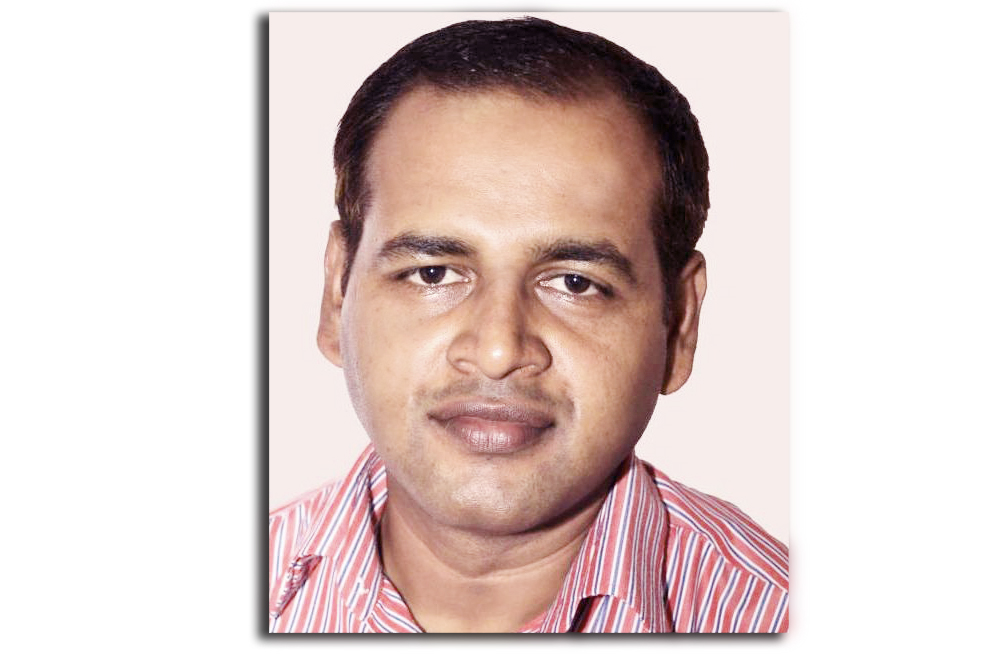By Gopal Khanal (KATHMANDU, 25 June 2020) – Nepal is moving towards right direction which is evident from two major issues– border and citizenship. Both issues are sensitive and related to the protection of national interest, sovereignty and territorial integrity. Nepal updated its political map including its territories– Limpiyadhura, Kalapani and Lipulek, which have been encroached and controlled by India since 1962. Nepali political parties exhibited unprecedented unity to reclaim the territories. After a week of this historic decision on border, Nepal broke the status-quo on citizenship dispute though national consensus is lacking here.
On 22 June, the parliamentary State Affairs and Good Governance Committee endorsed an amendment bill on the citizenship Act 2063, with the provision that foreign women married to Nepali men will have to wait for 7 years to acquire naturalised citizenship. The bill has been under consideration in the federal parliament for around two years witnessing some ups and downs, ifs and buts.
Objection
The main opposition Nepali Congress and the newly formed Janata Samajbadi Party (JSP) objected to the provision saying it was against the provision of the interim constitution 2006 and the Citizenship Act that allow foreign women to acquire naturalised citizenship immediately after getting married to Nepali men. Despite the objection of two opposition parties represented in parliamentary committee, it endorsed that provision and now it is waiting for the House approval.
At the backdrop of this decision of parliamentary committee was the resolution of ruling Nepal Communist Party (NCP), which on 20 June had taken the decision of 7 years considering the potential future threat to national interest. Why didn’t Nepali Congress support this provision? It’s not clear. But JSP, formed by the unification of two parties – Federal Socialist Party (FSP) and National Socialist Party (NSP), seems to have internalised the fear that this provision might demolish the age-old matrimonial relationship especially between the people of adjoining Terai belt. Senior leader of JPS, Rajendra Mahato’s statement hinted at this. ”It is an attack on the sentiments of millions of people living in the bordering areas where people from both sides have matrimonial relationship” he said, ”It seems Singha Durbar is for breaking people-to-people relations”.
The citizenship issue in Nepal is one of the most contentious issues since the establishment of republic resulted from the unified strength of people’s movement and people’s war. As a country lying between the two rising economies and powers of the international politics and diplomacy, Nepal should handle such issue in a sensitive way. And the leaders have now shown such gravity.
Therefore, all the political parties of Nepal should have demonstrated national consensus on the citizenship bill. But unfortunately these parties couldn’t take shared position with their petty political interest undermining national interest. Sovereignty and territorial integrity are the issues, which could not be compromised on any pretext. While taking part in discussion, Home Minister Ram Bahadur Thapa rightly opined that the issue of naturalised citizenship has to do more with the country’s security than the rights of an individual.
Therefore, NC and JSP, still have time to express solidarity with the ruling party over the citizenship bill realising that nationality comes before the partisan interests. There are also concerns about the House committee treating foreign women and men married to Nepali citizens differently. This is also a debatable issue for which Nepali parties should make a common position. A foreign man has to wait for 15 years after marrying a Nepali woman to obtain Nepali citizenship. It shows the unequal treatment to men and women.
Nepal can take its independent decision on the domestic affairs. Nepal is able to decide what is good for the country and her people. Not only the people of Madhes, people of hill and Himalayas do not want enmity with India and the people across the border. Similarly, the people of Madhes have the same sentiment towards hill and Himalayas. Animosity and antagonism are not the characteristics of Nepalis. Nepal has always maintained practical neutrality and independence when the issues of two countries surface. The incumbent Oli government can decide on domestic issues and can ably deal with foreign powers.
Liberal provision
The constitution of Nepal has provision about the citizenship. The spirit of the constitution is that no citizen of Nepal may be deprived of the right to obtain citizenship. Compared to other nations, Nepal’s citizenship provisions are liberal and flexible. In India, if a Nepali woman marries to an Indian man, she should wait for 7 years to be eligible for obtaining the citizenship. Therefore, the 7 years provision can be taken as reciprocity to Indian provision. Mahato should think that such equal treatment will consolidate bilateral relationship. Unlike the giant demographics of India and China, Nepal has small population and if significant numbers, in a way or other, come in, it will lose the demographic balance.


